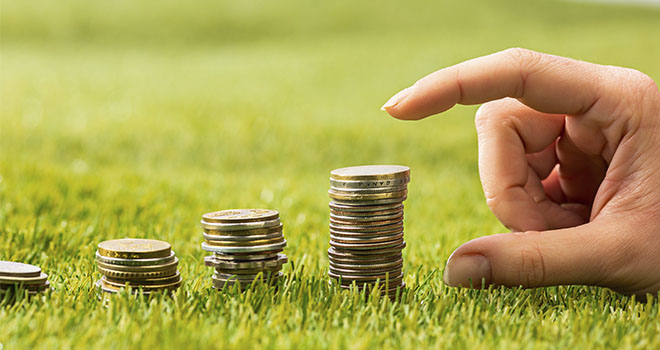“The Covid-19 global pandemic has caused ripples through global financial markets as the virus continues to spread across the globe,” according to a Moneyweb article of 18 March 2020. Approximately one year down the line, Adriaan Pask, PSG Wealth CIP reports that this time last year, investors did not yet know that the quickest sell-off on record was soon to be followed by a new record for the quickest recovery too. But what lies ahead for investors?
Viewing the impact on SA in context
Pask explains that emerging markets were particularly hard hit and experienced the biggest net capital outflow for a single quarter. “During this market crash, we saw an indiscriminate sell-off in all asset classes, as there seemed to be no safe haven. Amid a strong US dollar environment, funds that maintained high exposure to growth assets such as equities experienced drawdowns in the first quarter when the overall equity market came under pressure, while exposure to environmental, social and governance (ESG) focused companies and conservatively positioned managers added significant protection in the 2020downturn.”
He points out that over the past year, unemployment soared, GDP figures shrank, and economies were battered. “The first quarter of 2020 also left investors’ heads reeling as most capital markets entered bear market status with declines above 20% across the globe after the February 2020 sell-off. The JSE All Share Index lost 34% between February 2020 and March 2020, and the S&P 500 34% by 23 March 2020.”
Where are we now?
Pask compares data from January 2020 with January 2021, and highlights that most global markets have not only made back losses but are also trading significantly higher. “Moreover, when looking at 2020 from a long-term perspective, we can see that the crash was not only rectified quickly but in general, markets still traded at higher levels than the 2000 or 2008 crashes.”
Expectations for equities
Pask also explains that although equity returns are highly unpredictable over short periods, they believe the rerating potential is significant. “Our analysis suggests returns of inflation plus 8% through the cycle are plausible. History shows that investors should typically expect at least one drop of 20% or more over a five-year period, which is what transpired last year. This uncertainty is what drives the long-term equity premium and return, but if we expect it, we can mentally prepare ourselves that this is normal market behaviour. Our analysis also shows that offshore markets could deliver around 3% to 6% above global inflation over the next 10 years.”
What can investors do now?
“History shows that entering markets at prevailing multiples typically delivers returns on the lower end of the range, and in some cases well below that,” according to Pask. “However, given the high levels of monetary support, we believe some of the valuation risk is temporarily offset and delayed. Once again, we urge investors to carefully consider the impact of the next interest rate cycle on global assets before making asset allocation changes.”
It is important to remember that investing is a long-term journey. “Yes, in the moment, it can be incredibly daunting to see numbers fall especially at the percentages we saw last year. But focussing on the long term and sticking to your investment plan – even in dark periods – sets you up for optimal returns over time,” Pask concludes.



